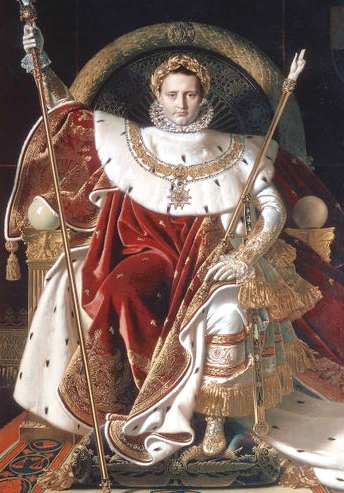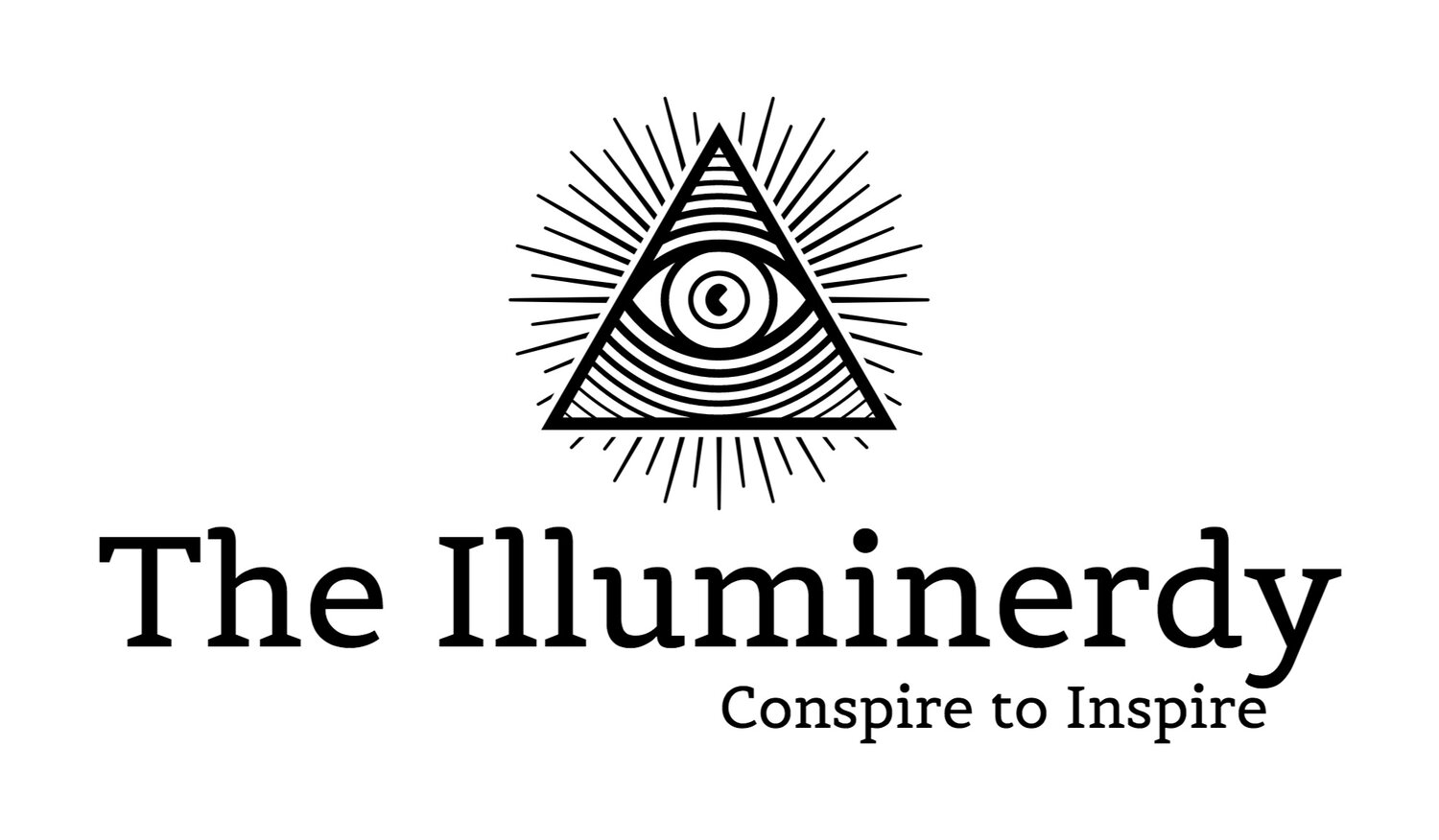Our own Lucky Duke has recently expounded on the fun to be had when you bring conspiracy theories into your game, and I have to admit that the topic is close to my heart, as well. One of the reasons that conspiracy theories make such a good basis for a game is that -- on the surface, at least -- the conspiratorial world looks just like the one you and I actually live in. The difference, of course, is that many seemingly mundane or random events have a hidden purpose. Sure, things may look normal, but any conspiracy worth its salt has a secret history.
Alternate Paths, Same Destination
Secret histories are really just a subset of another great tool of the game writer: alternate history. However, where true alternate history (which assuredly deserves a more detailed discussion in another post) will often choose a single breaking point with the "real" history we know and love, and then extrapolate from there, secret histories offer a different challenge: creating an alternate world in the shadows of established history. No "known" events can change, only undocumented events and (in most cases) the motivations of otherwise well-established figures.

When you think about it, you're already doing this any time you insert your inherently fictional PCs into an otherwise historical (or even present-day) setting. Once you start making NPCs out of real people, you've nearly made it -- when you start making those real people (secretly) really weird, you're all the way there. It's easy, for example, to cast Napoleon as an ambitious military genius with a bit of an inferiority complex for a game set in the late 18th or early 19th centuries. But things don't get really interesting until you suggest that his relatively sudden abandonment of revolutionary Republican ideals in favor of an Imperial crown were the result of contact with an ancient aquatic demigod that had spawned a line of kings who ruled much of Europe for nearly 1500 years. All those French sailors thrown uselessly against the might of the Nelson's British fleet? Sacrifices to appease a deity furious at the capricious sacrifice of the last of its spawn.
Stealing from the Greats
There's really no better place to go for this kind of stuff in a ready-made gaming package than Kenneth Hite's two excellent Suppressed Transmission collections (which I have gushed about previously), though I might assert that you're missing out if you don't try your hand at making one or two yourself. Still, it never hurts to a good example or two. If GURPS supplements aren't your thing, take a look at basically anything by Tim Powers, the essentially undisputed modern master of the secret history genre.
When discussing his fantastic piratical novel, On Stranger Tides (to which the Disney film of the same name sadly bears little resemblance), Mr. Powers had this little but of instructional advice to share (courtesy of GalleyCat):
I was already hooked into using real historical places for settings. And so I thought, you know you loved Treasure Island...And I thought I bet you can set a nice fantasy story in among the pirates, Black Beard that crowd. So I read a million books (that is probably fifteen books) about that particular crowd of pirates that were in the Caribbean in 1718 like Stede Bonnet, Black Beard, and Anne Bonny.
What I always do when I’m writing a book is first I read all the history and biographies and things like that that I can find. And I look for stuff that’s too cool not to use. ‘Ooh that’s neat. Look at that. I like that.’ And I’ll write it down. And then I’ll find something else and say, ‘Oh wow this is great. You got to have a scene happening in this place. Oh you gotta use this guy.’ Eventually, I’ll have twenty or thirty things that are too cool not to use. And it’s kind of fun then because you say, ‘Well okay, here’s twenty or thirty parts.... You just have to connect the dots.’ And so I thought, ‘Ok, what was Black Beard really up to?’
What, indeed?

